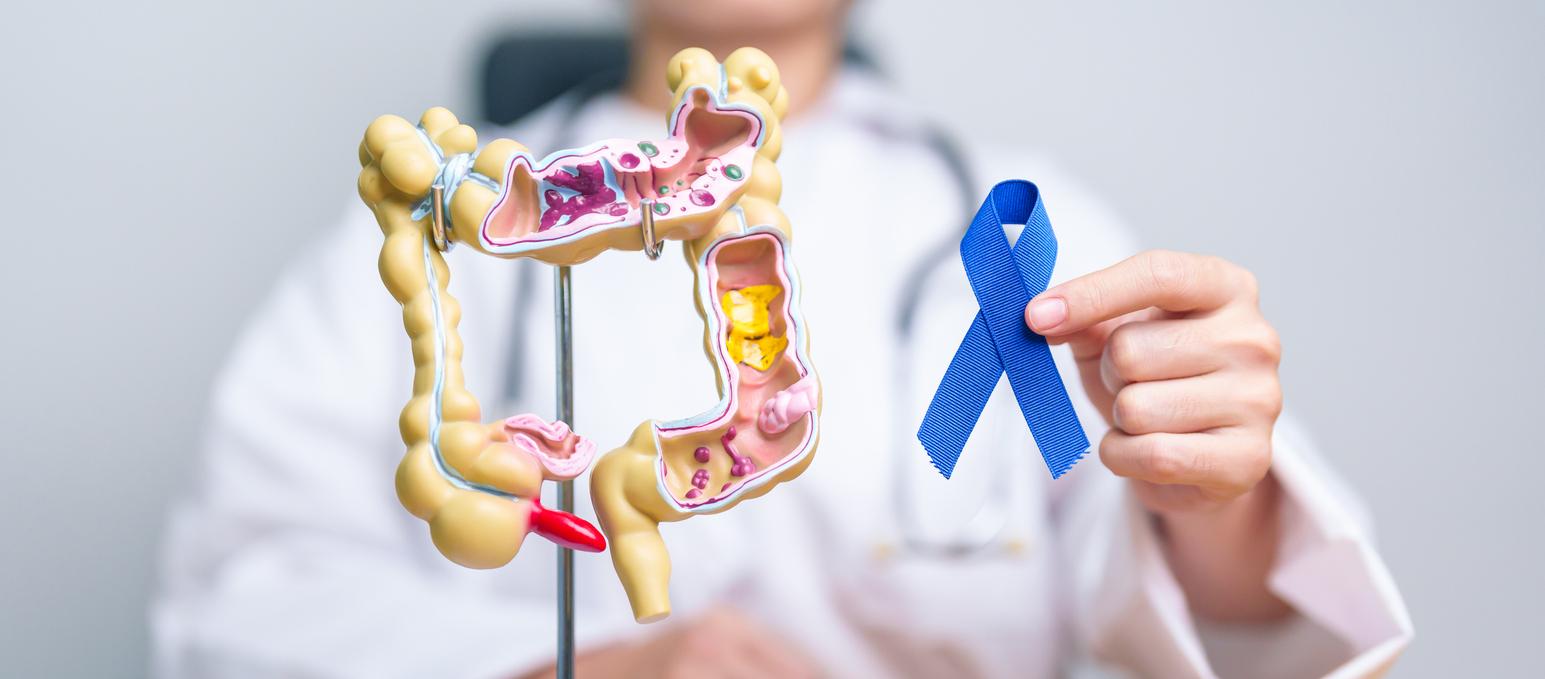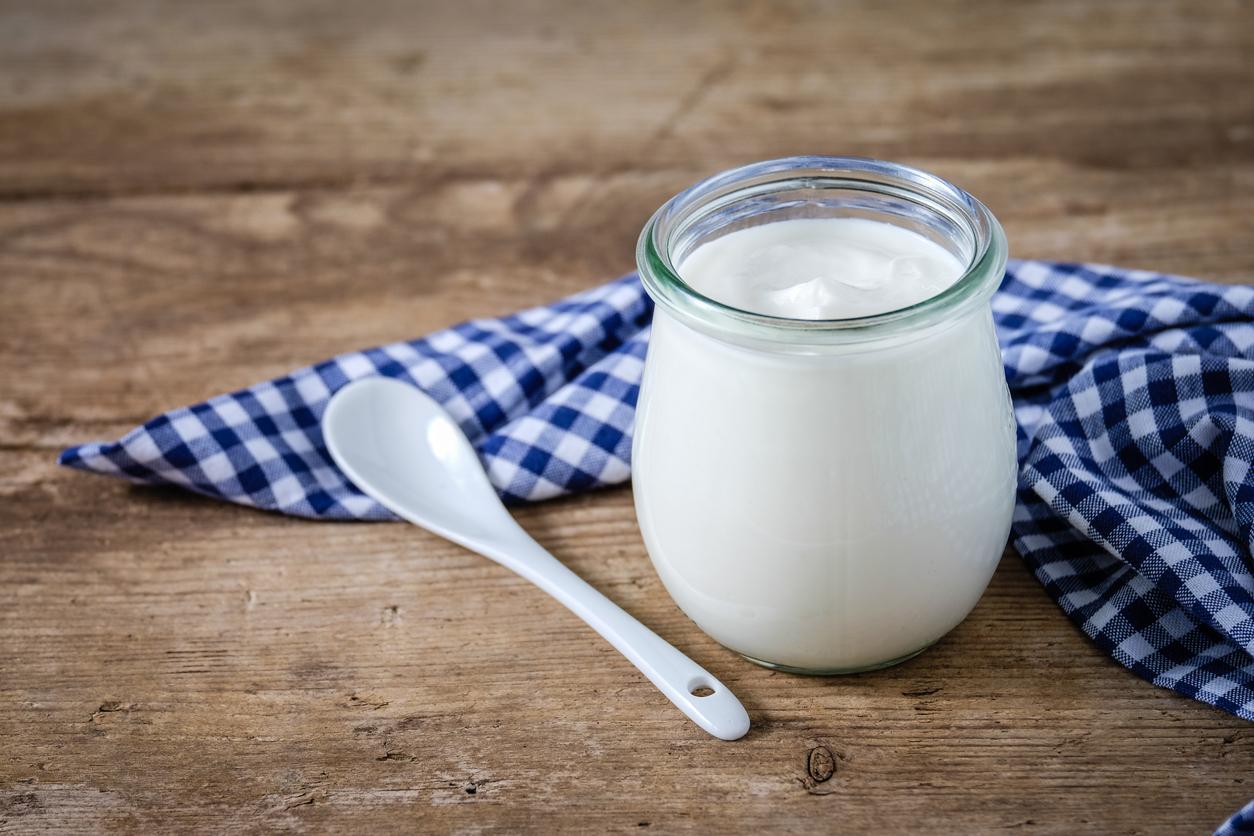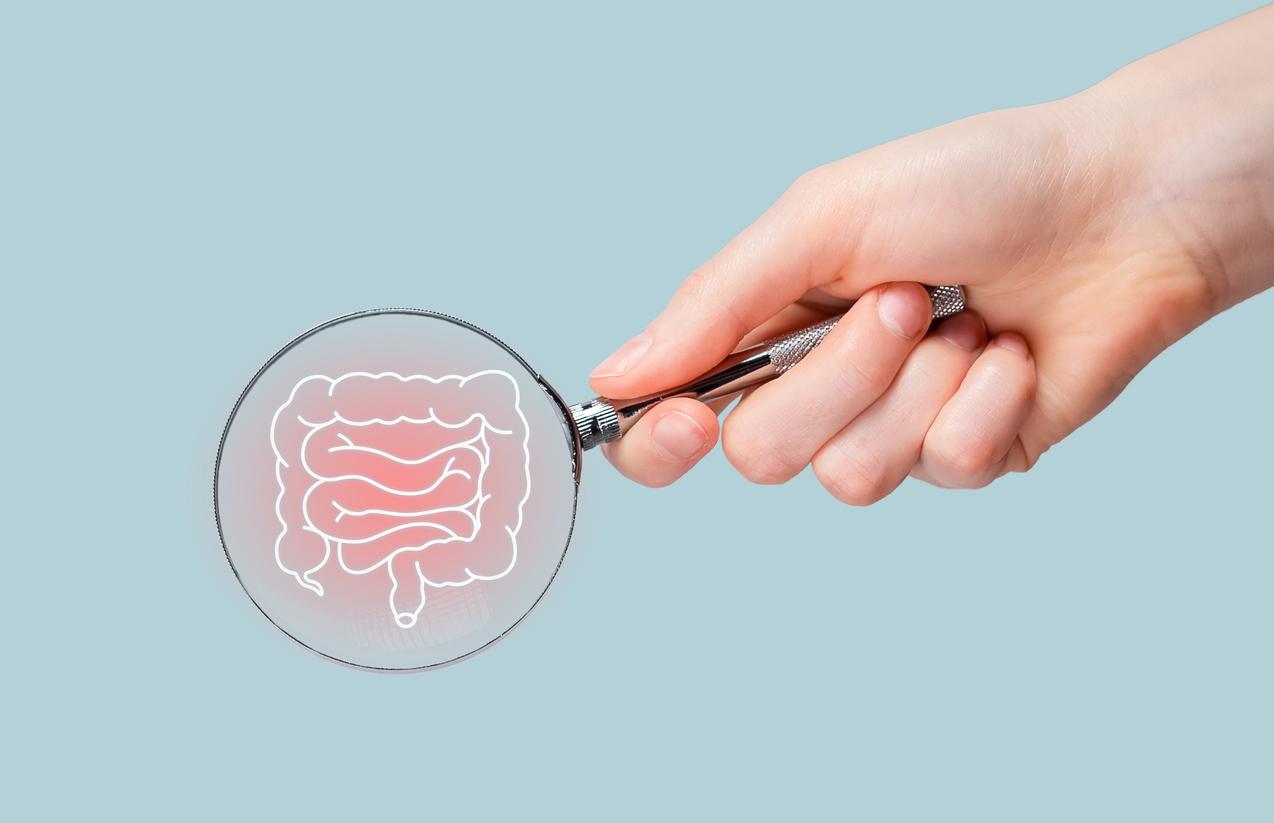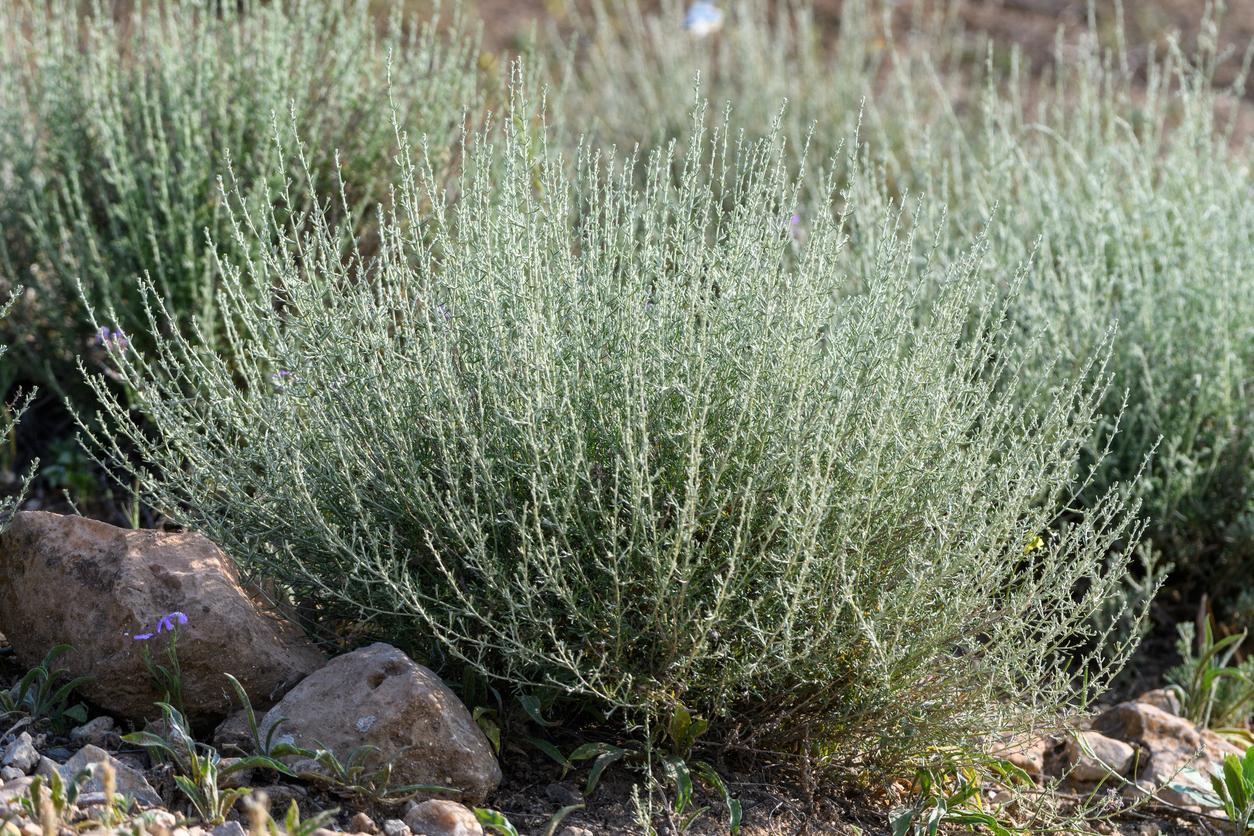Sport releases cancer-fighting proteins into the blood, which helps repair potentially damaged cells and lowers the risk of developing cancer.

- The practice of physical activity reduces the risk of colorectal cancer by approximately 20%.
- The study also shows that physical exercise helps to reduce DNA damage in the presence of cancer cells.
- About 43,000 people are affected by this cancer each year in France.
Sport is good for cardiovascular health, to fight against overweight and obesity, and for mental health, but it also has virtues against cancer. Several studies have shown that the practice of physical activity reduces the risk of suffering from this disease, or of having a relapse. In International Journal of Cancer, scientists have tried to figure out why. Their work is devoted to colorectal cancer.
A study carried out using blood samples
The team recruited 16 men aged 50 to 80, all of whom had risk factors for colorectal cancer related to their lifestyle: such as overweight, obesity or sedentary lifestyle. First, the scientists took blood samples. Then, the participants cycled on exercise bikes for 30 minutes at a moderate intensity, after which a second blood sample was taken. To perform control measurements, the scientists took additional blood samples before and after the participants rested on another study day. Scientists were interested in the presence of the protein interleukin-6 (IL-6), said to be anti-cancer for its ability to regenerate damaged cells. They found that there was an increase in its concentration after exercise, compared to samples taken at rest. In a second step, the scientists added these blood samples to cells from colorectal tumors as part of a laboratory experiment. For 48 hours, they followed the growth of these cells: they found that blood samples taken just after exercise slowed it down, compared to those taken at rest.
Move, whatever the activity and its duration!
“When exercise is repeated several times a week over an extended period, anti-cancer substances, such as IL-6, released into the bloodstream have the opportunity to interact with abnormal cells, repairing their DNA and reducing the growth of the cancer“, believes Dr. Sam Orange, one of the authors of this study. “A better understanding of these mechanisms could help to develop more precise recommendations in terms of physical activity in the context of cancer prevention, he continues. It could also help develop drug treatments that mimic some of the health benefits of exercise..” However, he reminds that any type of physical activity, regardless of duration, is good for your health and can help reduce the risk of cancer. For sedentary people, you should start by trying to move a little more and to incorporate sport into their habits With his team, Dr. Orange, however, wants to clarify the links between sport and cancer risk reduction, in particular by understanding what form of exercise is the most effective in protecting against the disease.

.

















